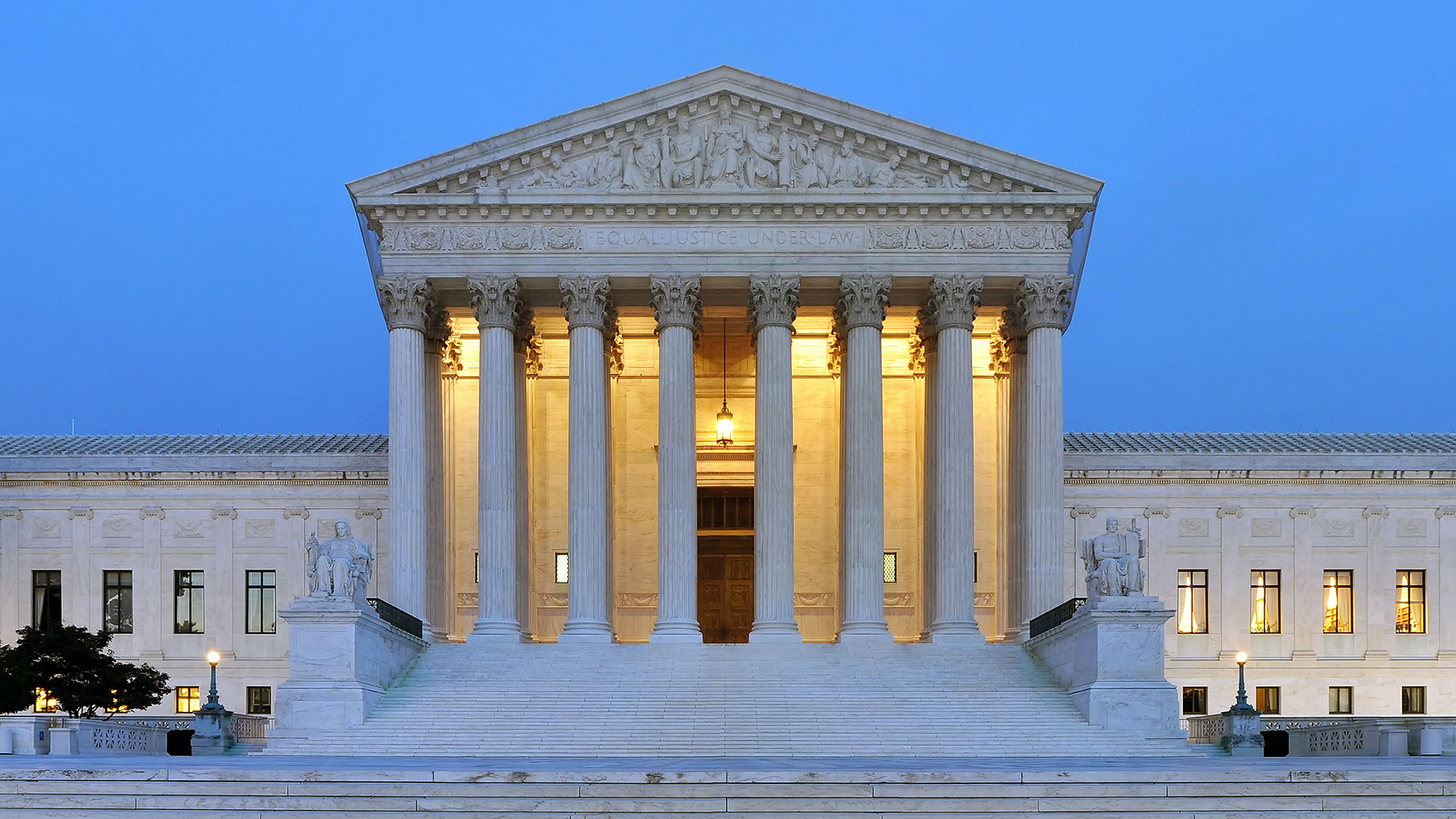By Joel Thayer
On February 6, ACT | The App Association filed an amicus curiae brief with the U.S. Supreme Court to weigh in on a patent venue case that pits TC Heartland, a company that produces liquid water enhancers and zero calorie sweetener products, against Kraft Foods, a household name for food and beverages. At first glance, it might seem odd that the App Association would be interested in a dispute between these two companies, but this case has broader implications extending beyond the food and beverage industry. TC Heartland v. Kraft is the culmination of a long-standing and heavily debated controversy in the American legal system that impacts every App Association member owning or using patented technology: where can a company properly be sued (“venue,” in legal terminology) in the event they are accused of patent infringement?
In light of the critical role that venue plays in patent litigation, the App Association has a keen interest in the proper functioning of the U.S. patent system. Our members include companies that face suits for patent infringement in federal courts, sometimes thousands of miles away from their headquarters, to fight jurisdictional claims simply because their products enter into the stream of commerce in those remote districts due to their availability over the internet. The potential of unknown parties suing defendants anywhere carries with it the element of unfair surprise and substantial costs, which oftentimes spells the death of these innovative small businesses.
This case comes down to the principles of appropriate statutory construction and traditional notions of fairness. Specifically, TC Heartland v. Kraft is focused on whether the long standing patent venue statute, section 1400(b) within title 28 of the U.S. Code, is the exclusive statute governing over venue in patent litigation—an interpretation consistent with the U.S. Supreme Court’s holding in Fourco Glass Co. v. Transmirra Products Corps.—or if the general venue statute, section 1391(c) within the same title of the U.S. Code, supplements it. Section 1400(b) plainly restricts these actions to “the judicial district where the defendant resides.” If the Supreme Court were to incorporate section 1391(c), it would, essentially, allow courts to interpret the term “resides” in section 1400(b) to mean any place in which the person or company being sued has minimum contacts. This has the practical effect of creating a direct path for patent plaintiffs to drag defendants into any court, because the “minimum contacts” burden is easily satisfied in just about any U.S. court in the age of an internet-enabled economy.
The lower court’s ruling in this case uses contorted reasoning to apply section 1391(c) to patent cases and, thus, damaging the integrity of the patent system by promoting “forum shopping” by plaintiffs. In turn, the plaintiffs increasingly choose to file in courts that have undertaken efforts to make their courts as attractive as possible (known as “forum selling”). These are not just theoretical arguments. In fact, more than half of all U.S. patent infringement suits are filed in the federal court in the Eastern District of Texas, headquartered in the town of Tyler.
Because of the high costs associated with defending from a surprise patent suit in a faraway court, the creation of a practical “universal” patent venue approach is problematic, particularly for small businesses. And beyond the financial costs associated with such suits, these abusive practices undermine public confidence in the patent system—and the rule of law as a whole—in the United States.
In addition to these public policy-based concerns, the decision being appealed gives rise to serious legal concerns. Not only does the Federal Circuit Court’s decision in this case run afoul of well-established U.S. Supreme Court precedent, it is disconnected from the congressional intent behind both general and patent venue laws, which, ironically, were enacted to prevent precisely this sort of behavior.
Based on our careful consideration of the issues at bar in TC Heartland v. Kraft and after extensive consultation with our members, the App Association has filed in support of TC Heartland. We urge the Supreme Court to do the right thing (from both a public policy and a legal perspective) by correcting the damaging decision of the lower court. By doing so, the Justices would, thus, ensure that no bad actors sue good-faith innovators in faraway and surprising courts to which they have minimal connections. Without the Supreme Court’s intervention in this matter, the U.S. legal system will take its first step towards “universal venue,” introducing substantial costs for small business tech innovators who will need to spend their capital on preventing and defending from lawsuits rather than growing their businesses and creating more jobs.
